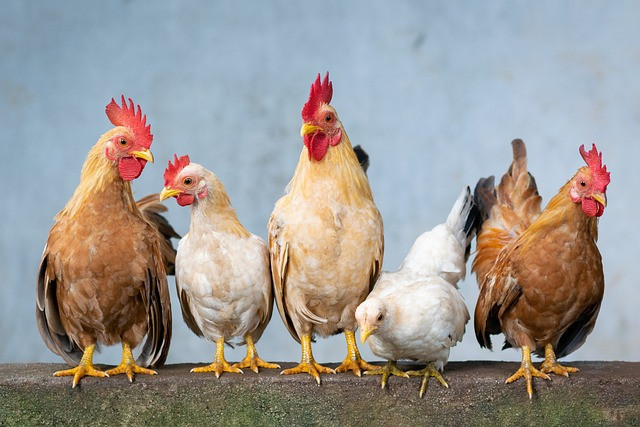Chicken lifespan.
Understanding the Different Stages and Factors that Affect their Longevity
Chickens are one of the most common and versatile domesticated birds around the world. They are valued for their meat, eggs, and feathers and have been a part of human society for thousands of years. However, like all living organisms, they have a chicken lifespan that varies depending on their breed, environment, and care. In this article, we will explore the different stages of a chicken’s life, the factors that affect their longevity, and the common lifespan of chickens.
Stages of a Chicken’s Life:
A chicken’s life is divided into several stages, each with its unique characteristics and requirements. The first stage is the egg stage, where a chicken embryo develops inside an egg for about 21 days. Once the chick hatches, it enters the chick stage, where it is entirely dependent on its mother for warmth, food, and protection. At about 6-8 weeks old, the chick enters the pullet stage, where it starts to grow feathers and transition to an adult diet. The adult stage starts at around 18-22 weeks old, where the chicken reaches sexual maturity and can lay eggs. The final stage is the senior stage, where the chicken’s productivity declines, and they become more susceptible to health issues.
Factors that Affect Longevity:
Several factors can affect a chicken’s lifespan, including genetics, nutrition, housing, and disease prevention. Genetics plays a significant role in determining a chicken’s lifespan, as some breeds are genetically predisposed to live longer than others. Nutrition is also critical, as chickens require a balanced diet to maintain their health and avoid diseases. Proper housing and care are essential to ensuring chickens live long and healthy lives. Overcrowding, poor sanitation, and inadequate shelter can lead to stress, disease, and early mortality. Finally, disease prevention is crucial, as chickens are susceptible to several infections and illnesses that can significantly impact their lifespan.
Average of a Chicken Lifespan:
The average lifespan of a chicken varies depending on their breed and care. Most commercial breeds have a lifespan of 3-5 years, while heritage breeds can live up to 10 years or more. Factors such as nutrition, housing, and disease prevention can also influence their longevity. For example, chickens that are fed a balanced diet, kept in a clean and spacious environment, and vaccinated against common diseases tend to live longer than those that are not.
Ways to Extend a Chicken’s Lifespan:
There are several ways to extend a chicken’s lifespan, including providing a balanced diet, a clean and spacious environment, and regular health checkups. Chickens should have access to fresh water and a variety of high-quality feed to ensure they receive all the essential nutrients. Their housing should also be well-ventilated, dry, and clean, with enough space to move around and exercise. Regular health checkups and vaccinations can also help prevent diseases and ensure any health issues are detected and treated promptly.
Conclusion:
In conclusion, understanding a chicken’s lifespan is essential for anyone who raises or cares for them. A chicken’s life has several stages, and their longevity is influenced by several factors such as genetics, nutrition, housing, and disease prevention. Providing a balanced diet, a clean and spacious environment, and regular health checkups are essential ways to extend their lifespan. With proper care, chickens can live long, healthy lives and continue to provide us with their valuable resources.
